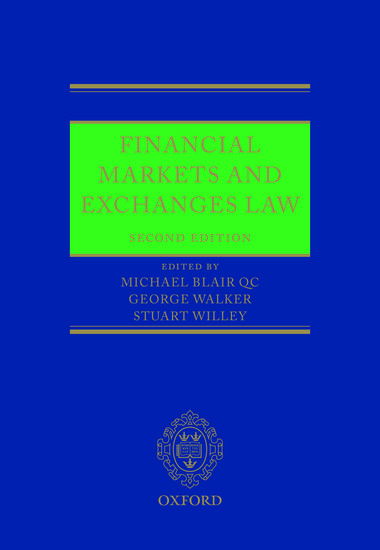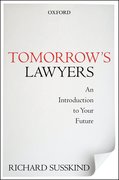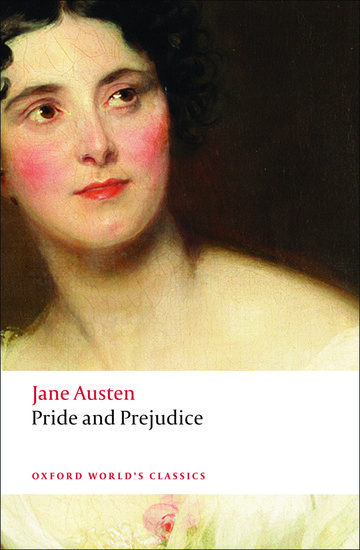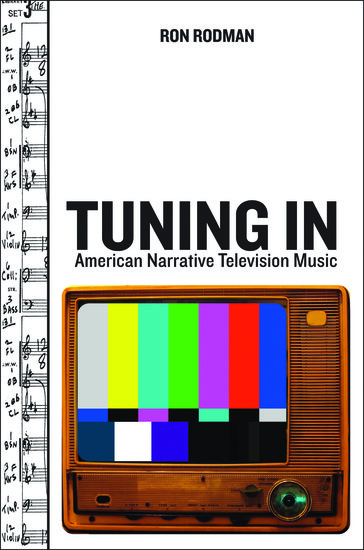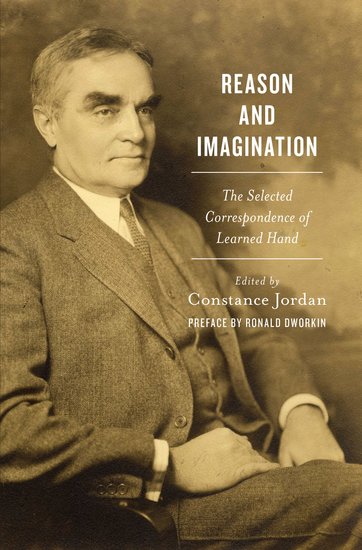Ríos Montt to face genocide trial in Guatemala
By Virginia Garrard-Burnett
After the judge’s ruling Monday in Guatemala City, the crowd outside erupted into cheers and set off fireworks. The unthinkable had happened: Judge Miguel Ángel Gálvez had cleared the way for retired General Efraín Ríos Montt, who between 1982 and 1983 had overseen the darkest years of that nation’s 36-year long armed conflict, would stand trial for genocide.


